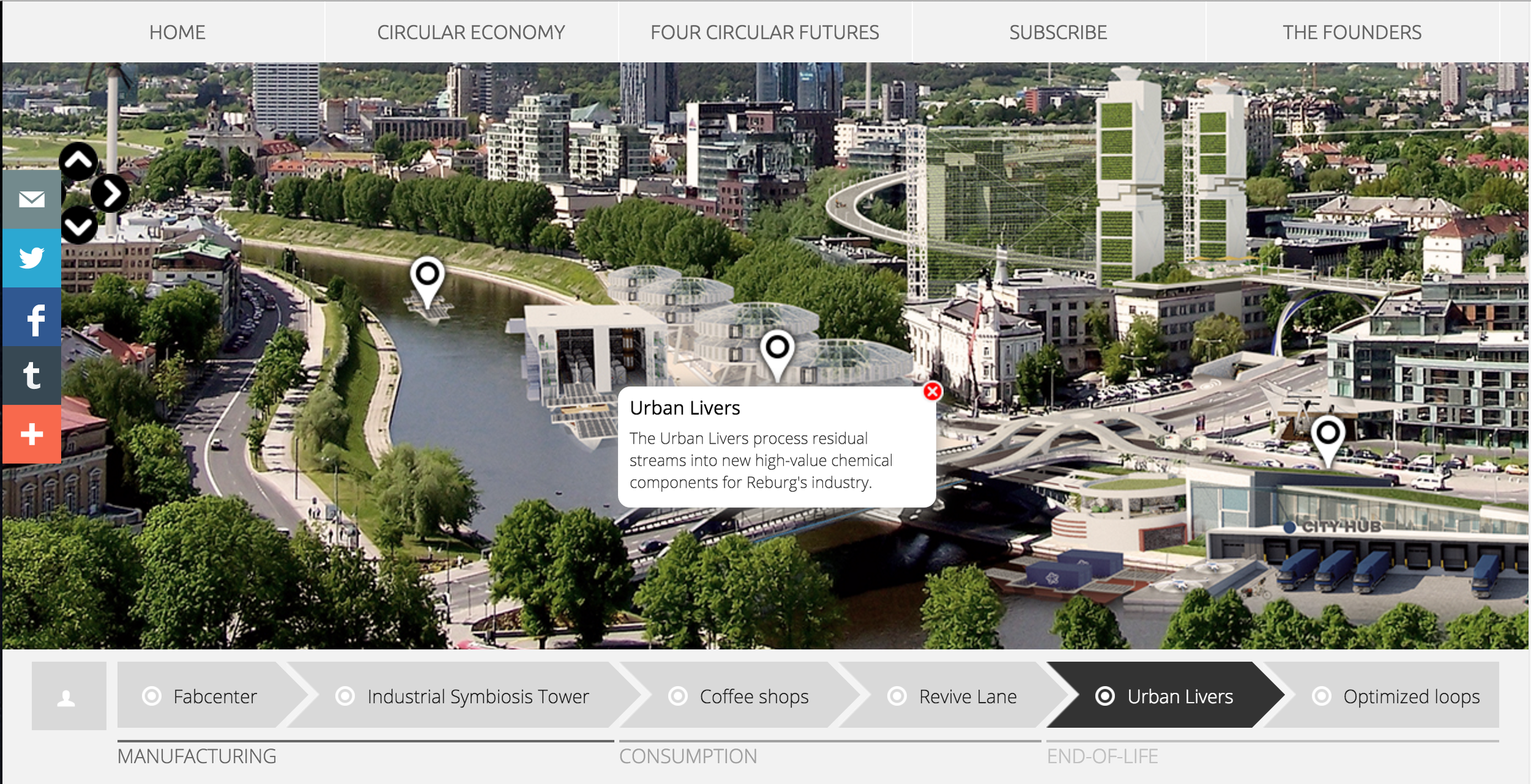SPECULATIVE DESIGN
Because of its ability to render futures tangible, something which enhances the quality of reflection and debate regarding these futures, the use of design can be seen as a powerful addition to the foresight toolbox.
Holon
Many of today’s bright minds have been claiming the very same ways of thinking that brought about the industrial age and made possible many of our advancements, have also fuelled the myriad crisis that are now converging upon us. Some even believe humanity to be at a critical juncture, and claim our civilisation needs a new operating system.
These last centuries have been characterised by a multitude of technological innovations, which have given birth to the globalised world as we know it today. And while we live in a fast changing world, much of our institutions and the way our world, your country, your city is being governed has more or less stayed the same.
That’s not to say nothing has changed. But just as early waves of technological innovation in education and health care simply attempted to digitise old practices, early forays into governmental technology involved bringing civil services online en enabling citizens to follow governmental protocols on websites instead of buildings.
We believe much more is possible, still. Just as later waves of edtech and medtech started to modify how power works within those systems - generally giving the learner or the patient more information about herself and control over her experience - so too new governance technologies holds the potential to reroute lines of authority and change what it means to be a citizen in the 21st century.
We stand on the brink of a technological revolution that might fundamentally alter the way we live, work and relate to one another. The 4th Industrial Revolution holds the potential to disrupt and transform entire systems of production, management and governance. Albeit the revolution is quintessentially of a technological nature, in the end it all comes down to people and values. We need to shape a future that works for all of us by putting people first and empowering them.
Since, at the core of every social, political and economic system is a picture of human nature. The premises we assume shape almost everything we do. And not only technology has changed.. So has our notion of what it means to be human, to lead a good life or how to build a just society.
Whereas, at the beginning of modern political philosophy, Thomas Hobbes claimed ‘the condition of man to be a condition of war of everyone against everyone, centuries of research depict a very different, post-mechanistic, image in which both competition and collaboration play an important role. Human beings thrive when given both space for autonomy as human connection. So too, republicans and democrats use very different frameworks to be in the world, both lines of thinking might be equally valuable. But also amongst cultures, we seem to find a multitude of metaphors and different values sets in how to frame the world.
Enter Holon. (2017)
Holon was funded by Creatief Stimuleringsfonds.
Reburg
As part of an assignment commissioned by Vlaanderen Circulair, formerly known as PlanC, visual maker Daniel DaRossi and myself developed a speculative circular city concept called Reburg. The concept was developed as a means to both update Plan C’s 2008 vision on Sustainable Material Management as to provide a framework for (entrepreneurial) innovators and society and provoke them to extend their thinking on the circular economy.
The underlying questions the client approached us with were the following:
“What relevant changes have taken place since Plan C’s vision on sustainable material management was first created in 2008? How can we integrate these and formulate an updated vision on the future of sustainable material management?
How can we use the updated vision to provide a framework for, as well as provoke innovators and society in general to extend their thinking about sustainable material management?”
The updated vision on the future of the circular economy was build upon a series of relevant themes, which served as a framework for Reburg. The pillars upon which Reburg is build are: Entangled Realities, Fabcities, Bio-Synthetics, and Hybrid Systems. The city of Reburg is being explored through the eyes of future professionals in a series of crafted multimedia scenarios, highlighting various touch points and giving insight into how ideas of circular economies could be adopted in the present.


